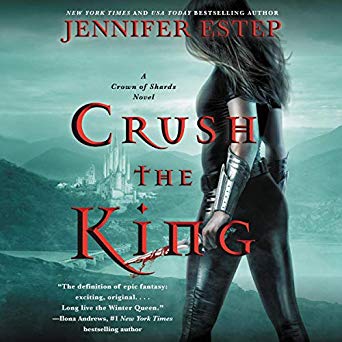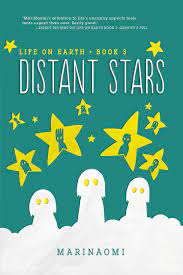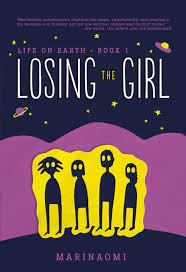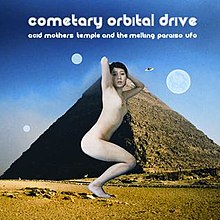[LISTENED TO: September 2023] Crush the King
I listened to the first and second book of this series pretty far apart. But since I was looking for something new and I saw this I figured I’d finish the trilogy (I assume it’s a trilogy).
And perhaps listening to these books so close together made me notice a lot of Estep’s weird quirks about her writing. Or maybe, she was obliged to write a longer book than she needed to.
I feel like Estep was once told that saying things in a series of three was really impactful. And so she thought, if three is good, then I’ll wrote four!
If there was a Crown of Shards drinking game, it would be: every time she lists the four things people are doing. Like: the people gave cheers, yells, claps and whistles. Or the people were drinking, dancing, singing and laughing. Or they were yelling, cheering, clapping and whistling. Or they were eating meats, cheeses, wines and ales. Or she was spinning, turning, whirling and twirling. The performers were acrobats, wire walkers, morphs and magiers. And, finally, every time she lists her four friends (she does say “my friends” but often feels the need to group them into four: Paloma, Cho, Serilda and Ouster. By the way, I only have the audio book so finding spellings of names is not easy.
This final book in the trilogy is set on an island for the Regalia Games, an opportunity for the seven nations to show off their warrior skills. It’s also an opportunity for Evie to, as the title says, Crush the King. In this case, the King is the hilarious named Maximus Mercer Morland Morricone or Morta. I mean…
Anyhow, the arc of this series has been a little less than a year and every assassination attempt has come from Morta. They come through the hands of the king’s bastard sister Maeven, but they come from Maximus. And Evie has had enough. She’s going on the offensive and will take him out at the games. She has plans, but she hopes she doesn’t have to use her last resort [jump cut: she has to use her last resort].
Maximus is cartoonishly evil (he drinks the blood of magical animals to get their power, he’s willing to kill his young nephew to get ahead). But the battle scenes are pretty good and I enjoyed hearing about the competition.
Despite my complaints there was a lot I liked about the book. I enjoyed meeting Leonidas, Maeven’s son and his pet Strix, Lyra. And I really enjoyed the flashbacks to when her family was killed and she had to escape. The way the past tied to the present was well done.
But there are times when I just want to smack Evie (or Estep) and say, come on. Evie is walking over a bridge and she notices a suspiciously dark boat in the water (twice). But she doesn’t even mention it to her guards–yes, of course it comes into play later. Evie believes that Paloma and Xenia are related. And she’s almost 80% certain when it turns out that both of the people they were related to had the same name. The fact that Paloma and Xenia never asked each other if they had people in common is absurd. As is the fact that Evie finally tells Paloma and we don’t learn about the aftermath (it happens after the book, I guess).
Also, this book is a trilogy but somehow, there’s a new possible villain that has been around for the whole book but didn’t seem like a villain and might be one in the future. The end. No, that’s not how a trilogy ends.
I was happy that the secondary characters had more to do. I love Cho and it’s fun to see him be gleeful about being the center of attention. And I’m glad that Paloma got to battle. But as several other people have pointed out (and Evie was even criticized about this on the book), she more or less does everything herself. Paloma and Sullivan kind of help out a little once in a while, Serilda basically goes on one expedition with her. We care about her friends but they don’t get to do much.
And on a personal level, I was really bummed that Gemma and Grimly are not even a part of this story.
And then there’s the whole Sullivan romance. Several people have commented on how little chemistry they seem to have. But, the biggest problem is that he doesn’t really do anything in the book. If he wasn’t there, I’m not sure the story would have been any different, except for a (once again) remarkably graphic sex episode.
There’s a lot to enjoy in this series, but I think an editor chopping off some unnecessary bits would make the story flow a lot better. Having said that, it’s a nifty world she has built and I enjoyed exploring it.

















